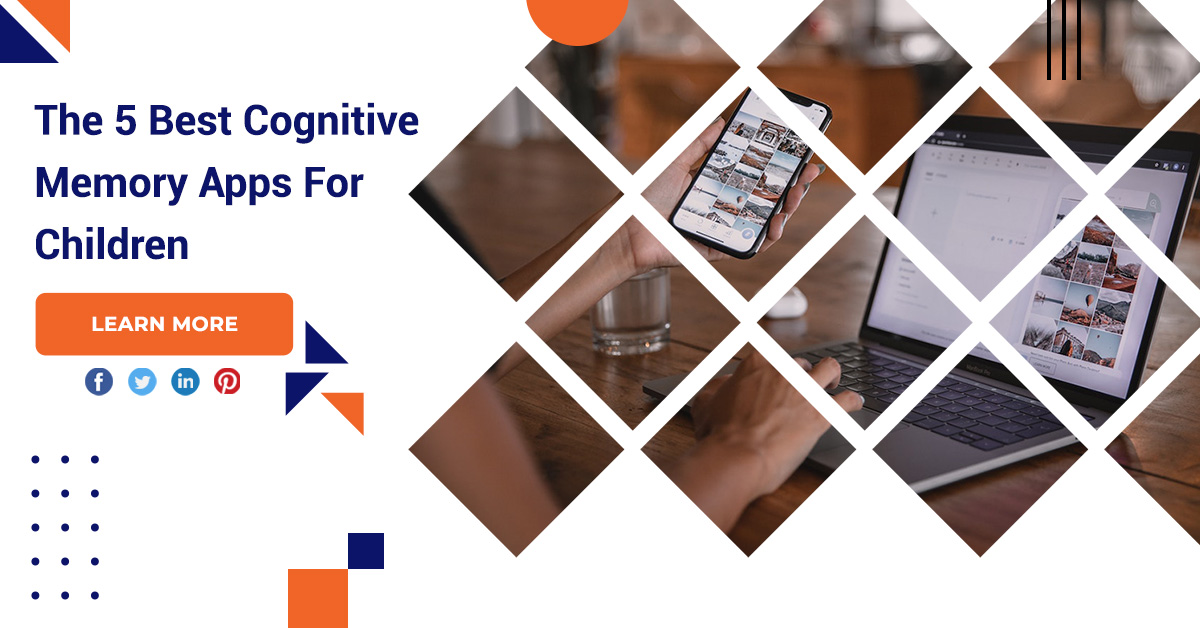The 5 Best Cognitive Memory Apps For Children
As parents and educators seek innovative ways to bolster young minds, cognitive memory apps have emerged as valuable tools in nurturing intellectual growth. From memory games that engage and entertain to interactive learning experiences that challenge and stimulate, these apps offer a captivating blend of education and entertainment to help children sharpen their memory skills while having fun.
Cognitive memory apps
Mentalup
MentalUP is an educational platform and application designed to enhance cognitive skills and mental agility in individuals of all ages, with a particular focus on children and students. Through a wide range of engaging games, puzzles, and exercises, MentalUP aims to boost various cognitive abilities, including memory, attention, problem-solving, and math skills.

Human body by teenybop
The Human Body by Teenybop is an engaging and informative guide tailored for teenagers, designed to unravel the mysteries of our incredible biological machinery. Through clear language and relatable examples, the book takes readers on a captivating journey inside the human body, exploring its intricate systems and functions.
Calm
Calmness is a state of inner serenity, a tranquil oasis amidst the chaos of life. It’s the gentle sway of leaves in a breeze, the hushed murmur of a serene lake, and the stillness of a peaceful mind. In the midst of turmoil and uncertainty, finding calm can be a soothing balm for the soul.
Coloring book – kids paint
A coloring book is a delightful creative tool that sparks the imaginations of children everywhere. With its blank pages filled with intricate outlines of animals, landscapes, and whimsical characters, it invites young artists to pick up their paintbrushes or crayons and transform the monochrome world into a vibrant canvas of their own making.
Prodigy
Prodigy is a versatile and innovative software tool developed by the company Explosion AI. Designed to facilitate the creation of machine learning models, Prodigy is particularly renowned for its application in the field of natural language processing (NLP).
Conclusion
Some apps appear to be capable of having positive cognitive impacts because they incorporate music or are vivid and animated. However, without substance or content, these apps fall short of being robust memory aids critical to a child’s development.







